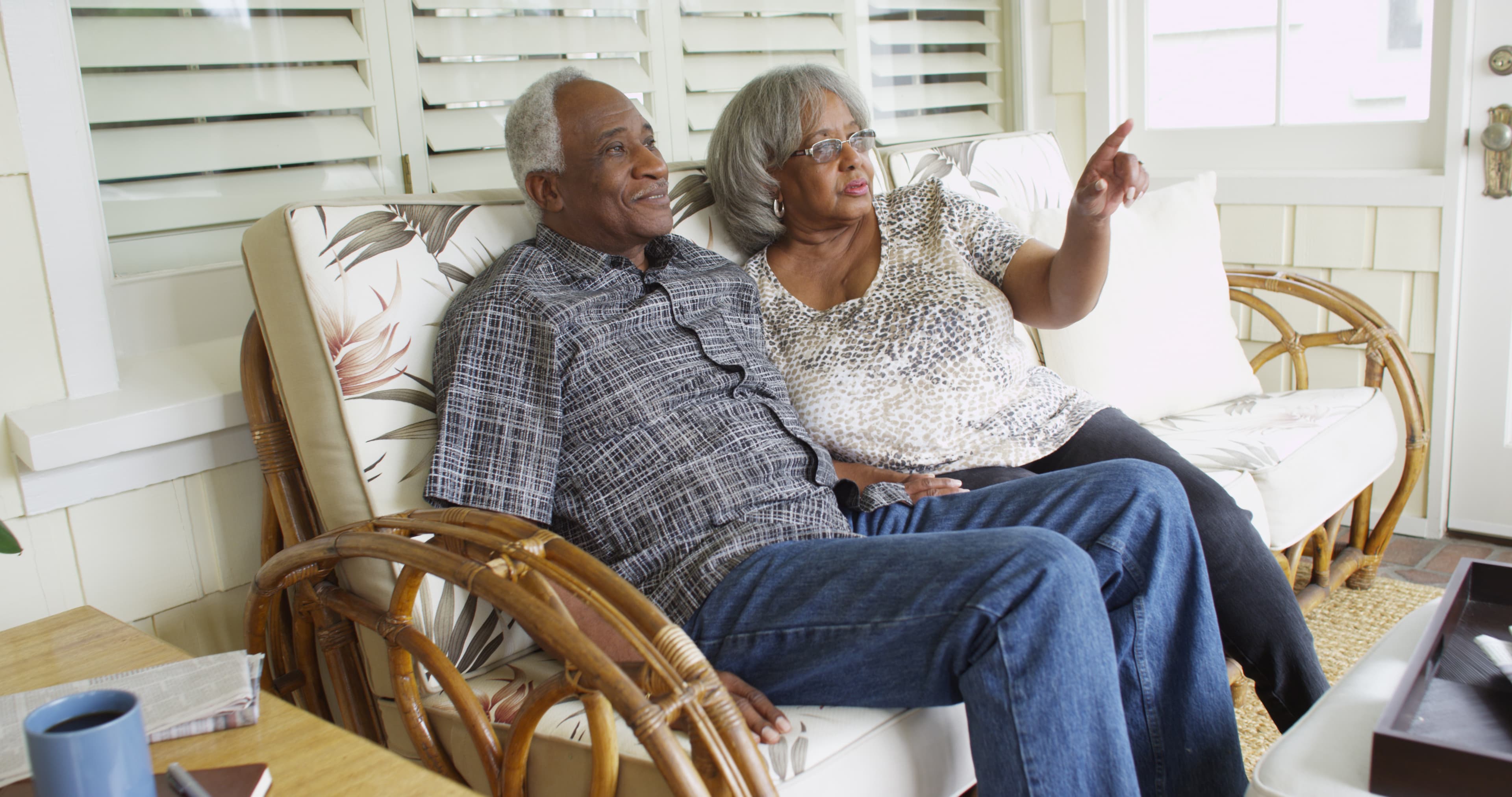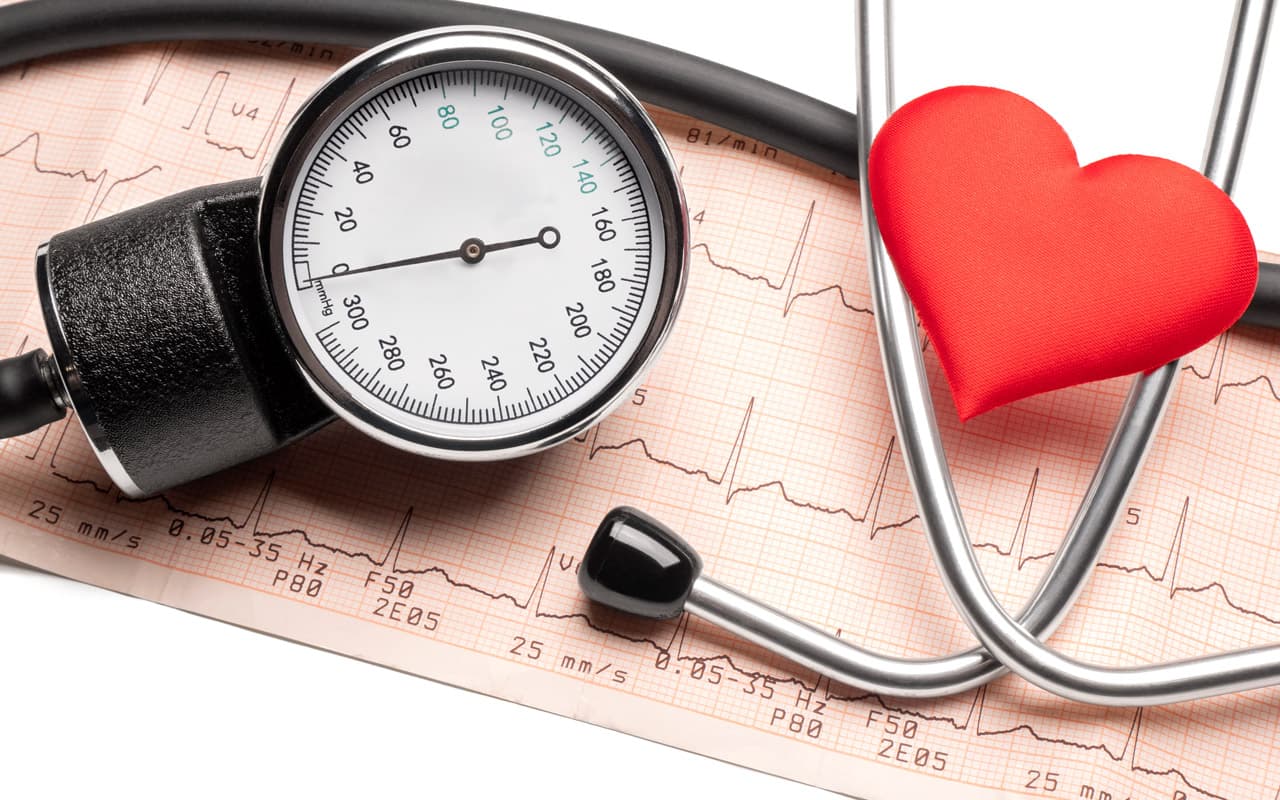As a caregiver, you are always looking for ways to help your loved ones stay healthy. One way to do this is to pay attention to behavior that might seem unusual. In some cases, unexpected behavior might be an indication of mini-strokes in older loved ones.
In this post, we’ll help you understand mini-strokes, the symptoms, and provide steps you can take to help your loved one if you suspect a mini-stroke.
What is a Mini Stroke
Also known as a transient ischemic attack (TIA), mini-strokes occur when blood traveling to the brain gets blocked. This can result in symptoms that last under an hour or for a full day. They include:
Confusion
Dizziness
Eyesight problems, such as not being able to see out of one or both eyes
Lack of coordination
Limited balance
Speech difficulty, including confusing or slurred words
Walking challenges
Checking For a Mini Stroke
Remember the acronym BE FAST, which can help you quickly spot signs of a stroke:
B is for balance: Loss of balance, dizziness, or confusion
E is for eyes: Blurred vision
F is for facial drooping: This typically occurs on one side of face
A is for arm weakness: It can also occur in the legs
S is for speech: Difficulty speaking
T is time to call: Dial 911 to get help quickly
Steps to Take If a Mini Stroke is Suspected
If you are concerned your loved one might have experienced a mini-stroke, you should take several steps. Remain calm and do the following:
Call 911 to get medical attention as soon as possible.
Wait with your loved one while they are evaluated by a medical professional
After your loved one has been treated, help them get settled in again at home. This might include helping them set up a doctor’s appointment for further treatment from a trained expert.
Know that many older adults can experience these mini-stroke symptoms. Your attention to detail and rapid care are extremely helpful to your loved one. This is because mini-strokes can signal your loved one might have a larger stroke in the future.
More than a third of people who don’t get medical treatment after having mini-stroke symptoms have a large stroke within 12 months, according to the Centers for Disease Control and Prevention. Getting them treatment once mini-stroke symptoms appear can help lessen your loved one’s risk of a major stroke in the future.
Another condition that can stem from mini-strokes is called vascular dementia. As blood is prevented from reaching the brain, it might lose certain functions related to memory and language. The best way to help your loved one is to support them by accompanying them to visit doctors and other medical experts who can understand their unique circumstances and recommend the best treatment to help them live a healthy life.
Causes of Mini Strokes
Several things can cause small strokes in older people. All of them involve unexpected challenges in blood reaching the brain. Causes of mini-strokes in older adults usually involve a blockage that lasts five minutes or fewer.
It might be the result of a blood clot trapped in a blood vessel. It could be other kinds of particles stopping blood flow. In some cases, a fat buildup known as plaque can get stuck inside vessels, prompting a stroke. There are also instances when an aneurysm, a bulge in a blood vessel, or above-normal blood pressure causes an artery to leak or break. This type of activity can also lead to a stroke.
Treatment
There are several possible treatment options if your loved one experiences a mini-stroke. For example, this might include:
Medications that treat above-normal blood pressure, thin the blood, or manage cholesterol
Lifestyle changes, like age-appropriate exercise, quitting smoking and/or drinking alcohol, and eating a balanced diet
In some cases, surgery
Steps to Avoid Mini Strokes
The best place to start with your loved one is often the easiest. This includes encouraging your loved one to eat plenty of fruits and vegetables, get exercise regularly and rest well at night. Although everyone’s body ages differently, these are practical and research-based ways to encourage well-being as we grow older.
Mini Stroke or TIA Resources
Several free resources are available online to help navigate a mini-stroke if your loved one experiences one. You can also study this information now to know the symptoms in case your loved one needs your help in the future. Some of the best sources include:



